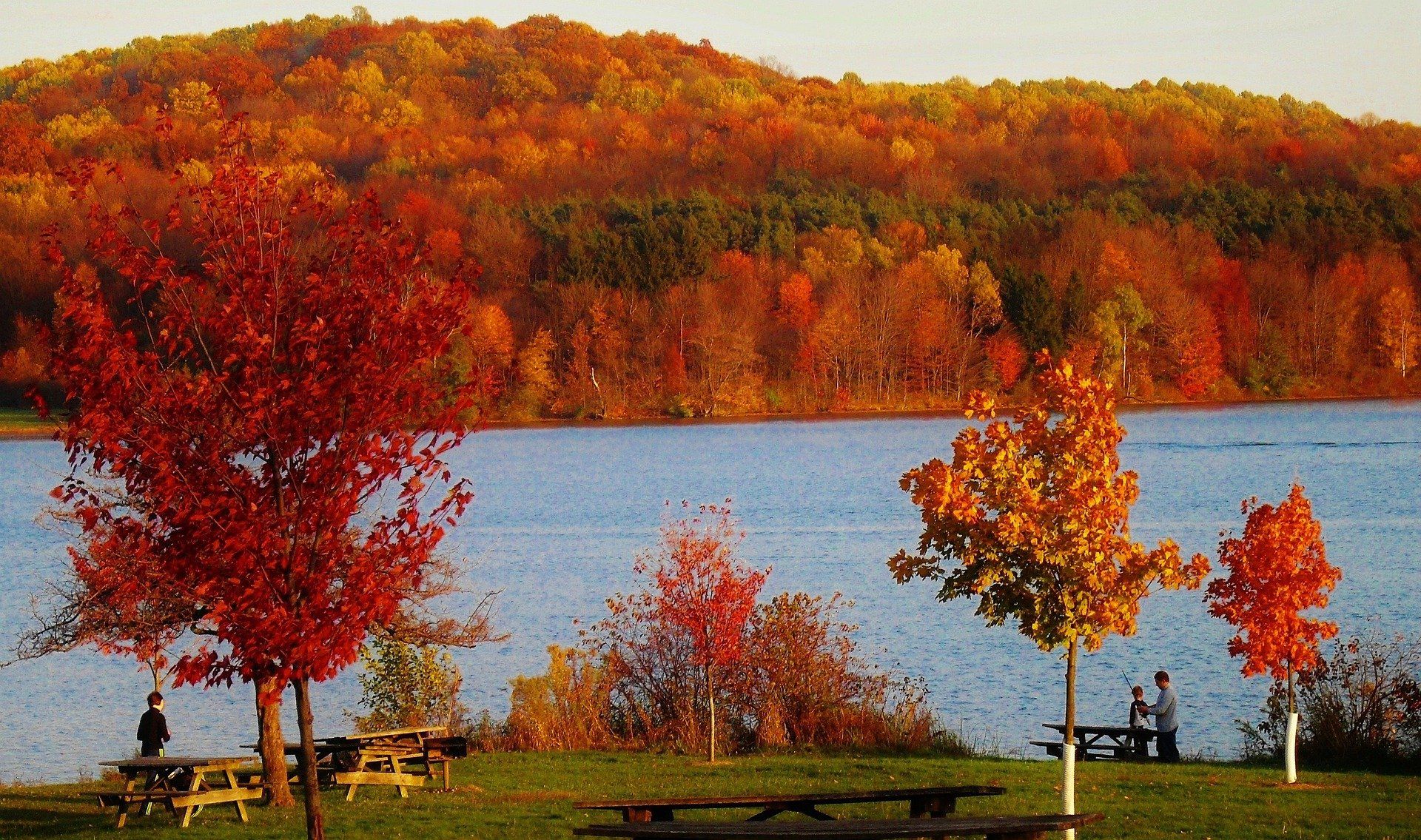Five Camp Tips To Try By The Water
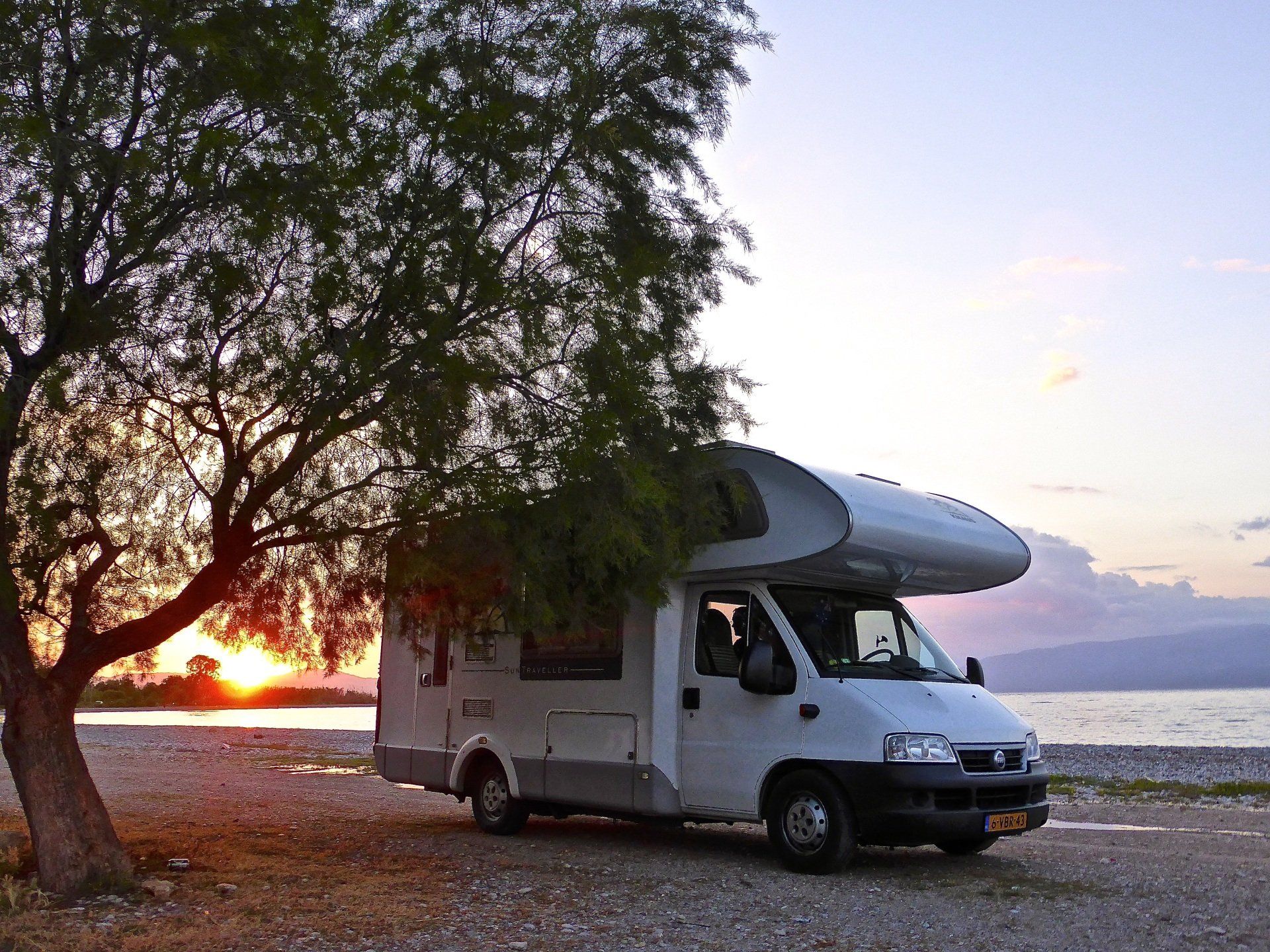
Camping by the water is undoubtedly, the most sought-after experience for RV campers. Taking a break from the hustle and bustle at a cool and calm riverside or a beach is something all RVers appreciate. Plus, it has got a dose of adventure like nothing else. However, you must take a few crucial things into consideration for camping by the water. Below are a few camp tips to plan an RV trip by the water.
1. Make an Efficient Tent Set-Up
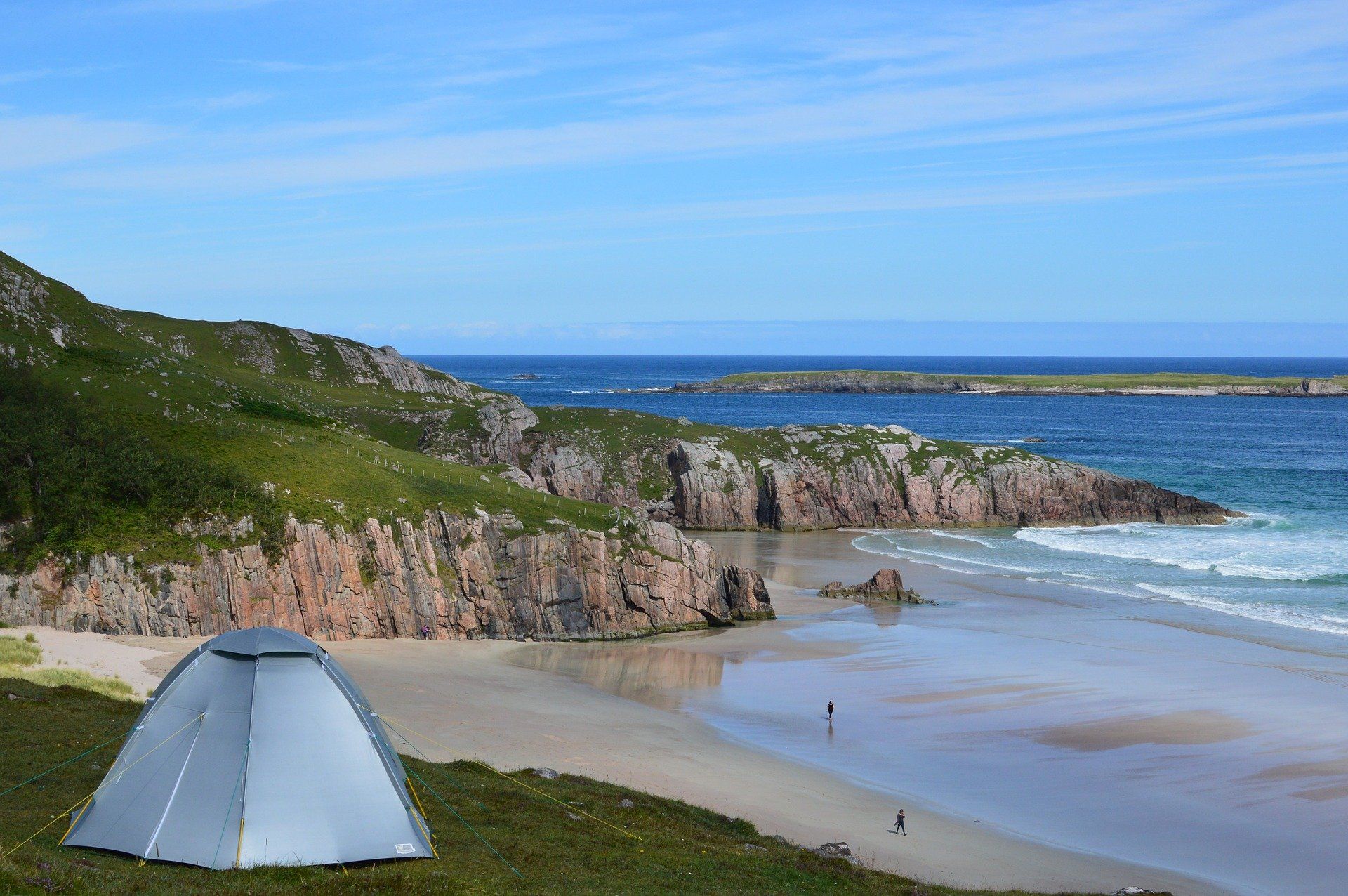
Camping by the water calls for setting up a tent that's water-resistant and fire-resistant. The forest or riverside has strong blows of air and making a tent away from the campfire protects you from the same. Check for foliage and trees around the water body and make sure to clean all branches and dried leaves around the campfire. Lastly, make sure not to build your tent on loose soil around the water body to avoid the soil from sinking and destroying the camp.
Before Traveling, Prepare Meals and Get Goods

Bring your favorite foods to prepare over a fire, and also snacks and quick meals to savor on the seafront, to create the ideal menu for a sea camping trip. For a beach day, hamburgers, granola bars, and fruits and veggies are decent alternatives to carry in the cooler. To drink plenty of fluids when in the sun, you should also pack a lot more water. To prevent fewer selections and more costly pricing, it is important to shop for food before going to the beach.
Be Alert To Shifting Circumstances
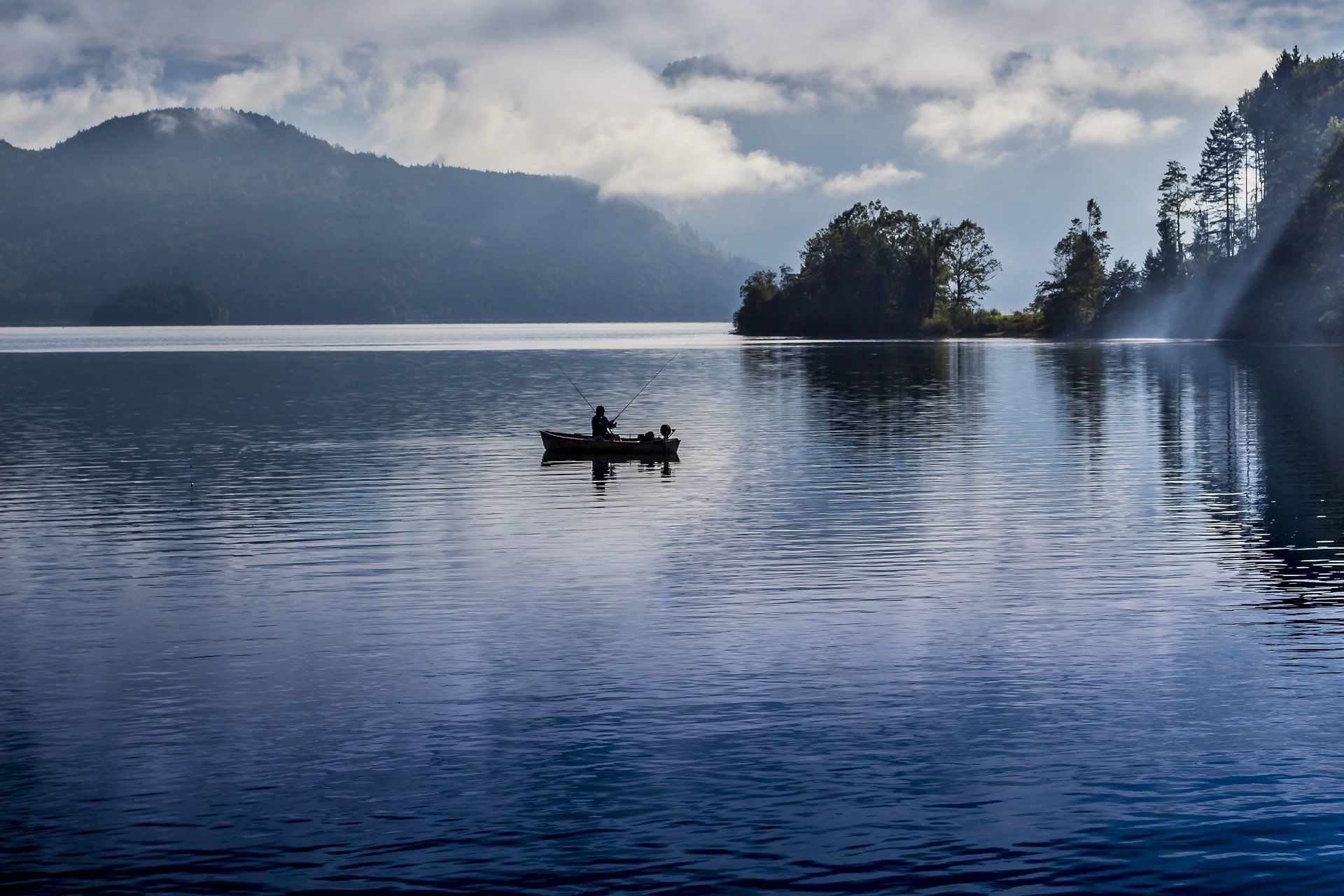
You can experience wind gusts if the campsite is located on the shore or close by. If you are inattentive, you can lose your tableware, RV canopy, or even the clothes that are drying on the lines. Whenever the tide comes in, parking in wet sand at low tide may leave you stranded. Either at the lakeside or not, this is always a great way to keep a watch on the climate for impending storms when traveling inside an RV.
Make a Sun Protection Plan

A serious sunburn on the first day of a beachside or riverside camping trip is the quickest way to ruin it. Plan ahead and bring plenty of protection from the sun, such as sunscreen, tents and clothing that covers your body up. You probably already have sunscreen on your list. But don't forget to include a broad hat, sunglasses, and lightweight lengthy shirts and leggings as well. A place to escape the heat of the sun is provided by big umbrellas and portable shade constructions with sandy anchors.
Organize The RV Beach Camping Gear Properly
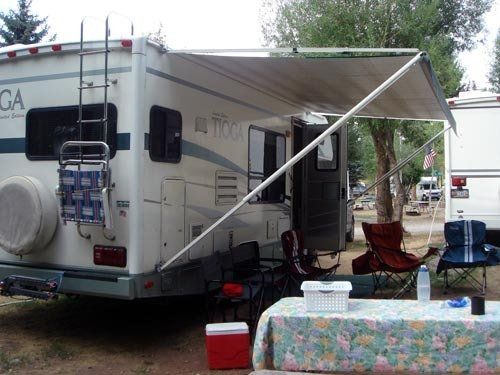
Staying in an RV near the beach means you'll have to endure a lot of sand, sunlight, breeze, and water. Make sure to employ waterproof sacks or clear bags to separate items from each other and keep things easily accessible. Speaking of clothes, carry warm synthetic clothes that dry quickly - mainly wool blends, micro fiber, nylon and polyester. Also make sure to carry a hat and a pair of river shoes. Pack two suits per person so one is dry, and rash protectors to safeguard skin from the surf. Large beach towels and kid pools are helpful for families having younger kids.
Divide the travel across many days if you reside over a few hundred kilometers from your destination. Weary RV travelers can park their vehicles overnight at a number of stores and rest stops. Recall to unwind, delight within the journey, and cherish a memorable camp time by the waters.



